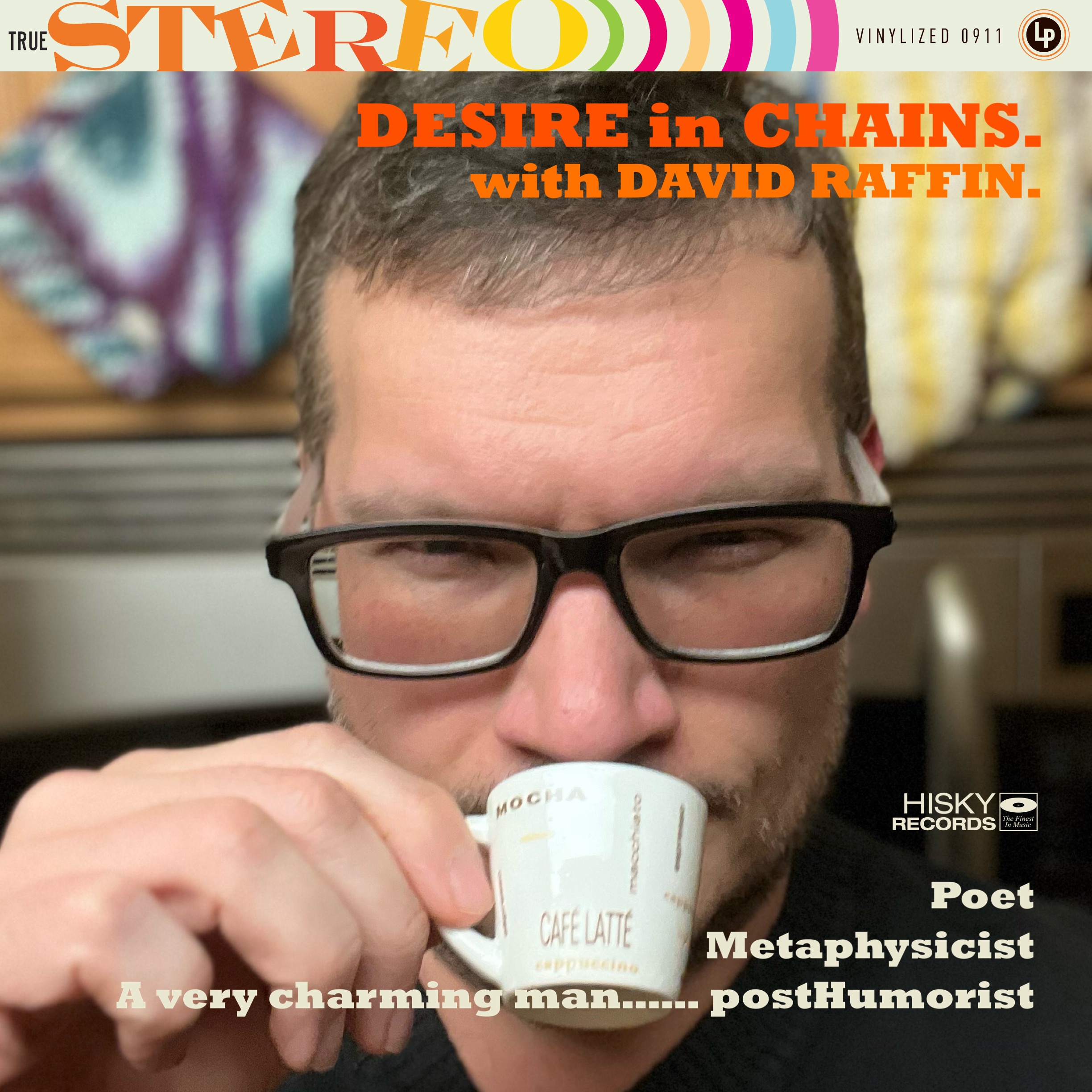You need friends to use for good references. But you need enemies to use for bad references. How else to meet new friends and enemies?
I hope your paperwork is in order.
Journal of. Published under the auspices of the HiSky* Trust, founded 1957 to promote disorder. (*Hiss-Key)

You need friends to use for good references. But you need enemies to use for bad references. How else to meet new friends and enemies?
I hope your paperwork is in order.

I acquired a copy of the 1947 novel ZOTZ! By Walter Karig, who also wrote Nancy Drew novels. It was later made into a Tom Poston (George on Newhart) movie directed by 1950s schlock master William Castle (The Tingler) .
It’s full of Soviet spies. And ladies, Strange ladies, sitting on sofas. Strange sofas. And magical coins.
[amazon asin=B00005Y0HR&template=iframe image] [amazon asin=B008SGVRO6&template=iframe image]
A Vintage fridge keeps things slightly cool.
But mine does not. For as of almost a week ago it is dead. I mean I still have it, but the insides hold at 68°. And rising. It’s where I store the room temperature food.
A new one will be delivered tomorrow. A no-frills version – according to the repairman and three salesman at three stores the new refrigerant is more corrosive than Freon and burns out compressors, and they declared my 8 1/2 year-old fridge to be “A good life span.” And I said “then there’s no reason to buy anything but the cheapest cheap fridge. Since they’re not built to last anyway.” Why pay for the fancy stuff that will keep working even after the compressor renders your refrigerator a room temperature box?
PS, since I have an abandoned refrigerator stationed in my kitchen I guess I have to be on the lookout for roving bands of street urchins who may wish to play inside. Next to the homemade sauerkraut.
For sale, one whip
Hardly used – hardly used
This is not a sad story
Do not be disabused
A man came here and bought it
Yes he did – yes he did
It’s none of my business
Whatever he does
But I could not help but wonder
When he went on his way
Whether he bought it to whip others
Or himself– Or himself
Whether he bought it to whip others
Or himself– Or himself
(That’s called flagellation*)
Whether he bought it to whip others
Or himself– Or himself
***
[*not fellatio]
Johnny Cash- I shot a man in Reno.
Philip K Dick – In Reno I shot a man.
H.G. Wells went to the theater with Charles Chaplin. It was an early sound film and Chaplin fidgeted in his seat all the way through it. When it was over Chaplin said, “It was a terrible film.”
“Yes,” said Wells. “But there was talking. And that’s enough for me.”
My own personal favorite backhanded compliment was a letter I received which simply said, “Sometimes I love you.”
[amazon asin=B009U9SABS&template=iframe image]

I steal from Richard F Yates, because it’s a habit with me. Everybody got a habit, me, nuns, William Burroughs… only Richard F Yates lives free.
Can’t afford the status quo of War, Big Business Giveaways, Private Prisons, Institutionalized Racism, Unregulated Healthcare, College Loans.
Can’t afford the lack of a Living Wage.
Can’t afford Outsourcing, Offshoring, Free Trade shenanigans.
Can’t afford businesses declaring everyone an independent contractor.
Can’t afford driving a personal car into the ground for someone else to profit.
Can’t afford the shifting of the burden to the bottom.
Can’t afford payday loans.
Can’t afford the sky high rent.
Can’t afford the money so far spent that profited only the very top.
Can’t afford to pick up the tab for those who attend $20,000 a plate fundraisers While you and I may skip meals.
Can’t afford the bailout of the ship that sunk mine. Do I look like a fool’s goldmine?
Can’t afford $7,000 a pill to stay alive.
Can’t afford not to invest in the future.
Can’t afford the status quo. It’s unrealistic. It has no future. It was obsolete when it started. Why should you and I have to pay for it?
I distrust people who see a silver lining in every cloud. I’m not a scientist but I’m pretty sure a silver lining to every cloud would be a sign of some serious ecological problem. I know the silver industry says up to ninety percent of the earth’s atmosphere can be safely composed of powdered silver, but I have lingering doubts. These doubts nag at me. The studies they cite, some of them, appear to be tobacco industry studies with the word “tobacco” crossed out and replaced with the word “sugar,” which was replaced with “saccharine” and then, finally, “silver.”
But they are conserving paper, and saving trees, so I guess I can applaud that. Let it not be said I am one of those nay sayers who are in it just for the opportunity to say nay.